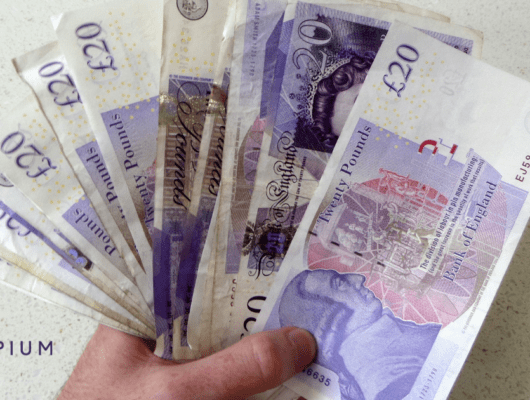Corporation tax isn’t as complicated as many people think and having a full understanding of it is important if you want to take full advantage of it and follow the regulations set forth. First, you have to understand that, unlike a sole trader or a partnership, a limited company is the only business that pays corporation tax rather than paying income and capital gains tax and it is payable on the net profit of the company.
The net profit is calculated by deducting authorized expenses from the trading income, chargeable gains, which is the same as capital gains, and any investment income. The more tax-deductible expenses a business can put through, the less they will pay in corporation tax. To find out the exact expenses a company can claim, they should consult with an experienced accountant who is familiar with corporation taxes and can offer their advice and consultation. It is important to remember that only certain expenses that are necessary for expenditure of the business can be deducted. The following is a list of those specific deductions:
- Accountants and auditors fees
- Advertising and marketing costs
- Bad debts in the year incurred
- Business bank charges
- Business software
- Capital allowances (For assets that are purchased by the company a capital allowance is set against the profits of the company to reduce the amount of profit on which corporation tax is payable. You see this every month on your profit and loss account as ‘depreciation’.)
- Dues to professional or business associations
- Employee business expenses
- Insurance for the business
- Interest on business loans
- Internet access
- Leasing rentals for business purposes
- Legal costs on business matters
- Mobile telephones
- Company car (Expenses include garage rental, insurance, motoring association subscriptions, parking, fuel, road tax and general service and maintenance)
- National Insurance
- Patent application costs
- Pensions provided to employees
- Professional fees for advice
- Wages
When and how is it paid?
Most companies’ accounting periods are 12 months but if your company makes up its accounts over a longer period of time, the tax can be split into two accounting periods with the first being an initial 12-month period and the second period for the total of months remaining.
The rate of tax is set out in the annual budget, and is fixed for the new tax year (April 6 – April 5). The final tax payment is made nine months after the tax year officially ends. Since corporation tax is now self-assessed, the tax office only makes an official demand for the money and only after an amount has been agreed. HMRC can charge penalties for those who file late so it’s best to be on time and accurate with all of your corporation tax filings.







